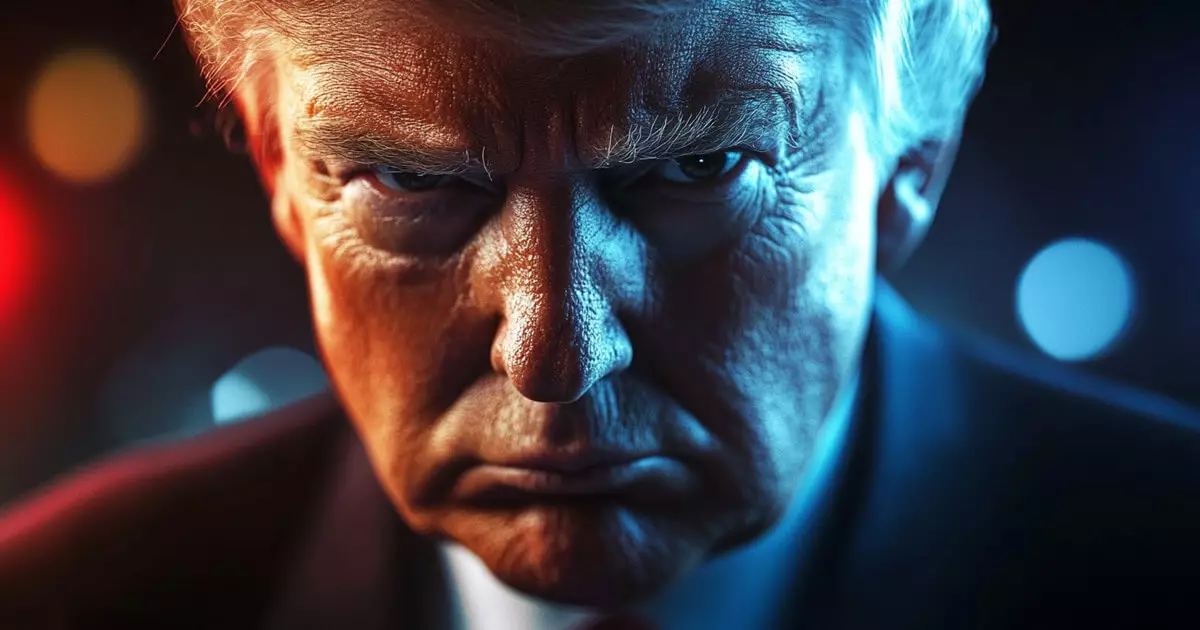As the new presidential administration prepares for leadership transitions, the stakes surrounding the Securities and Exchange Commission (SEC) chair position are notably high. Potential candidates face immense scrutiny and pressure, particularly in light of outgoing SEC Chair Gary Gensler’s controversial tenure. The role has become increasingly complex, especially concerning the burgeoning realms of digital assets and cryptocurrency regulation. Amidst this backdrop, Paul Atkins emerges as a speculative frontrunner, and his reticence to accept the SEC chair position brings several vital issues to the forefront.
Paul Atkins, who previously served as an SEC commissioner from 2002 to 2008, appears to be wary of the significant challenges that come with the office. Reports indicate that Atkins considers the SEC’s current state to be problematic, believing that substantial reform is necessary to rectify what he sees as mismanagement. Despite a recent interview with the Trump team, he has yet to make any public commitment to the role. This hesitation raises questions about the difficulties involved in modernizing a regulatory body that many perceive to be lagging in adapting to rapid technological advancements.
Atkins’ reluctance seems to stem, in part, from the need to divest from his consulting firm, Patomak Global Partners. Accepting the SEC chair position would require him to relinquish his business interests, a decision that carries significant personal and professional ramifications. The balance of maintaining his firm while also undertaking the responsibilities of leading a federal agency presents a complex dilemma.
Supporters of Atkins, including former Commodity Futures Trading Commission Chair Chris Giancarlo, advocate for his leadership, citing his qualifications to restore the SEC’s credibility. Giancarlo has vocalized his concerns regarding the agency’s approach to modern market issues, particularly those associated with cryptocurrencies. He argues that Atkins’ experience and reformist ideals are essential for a revitalized SEC that can effectively address these challenges.
Despite these endorsements, the SEC chair position remains precarious, with Trump reportedly considering other candidates should Atkins decline. This potential pool includes current SEC Commissioner Mark Uyeda, former CFTC Chair Heath Tarbert, and Robert Stebbins from Willkie Farr & Gallagher LLP. The presence of other viable contenders adds pressure on Atkins to make a prompt decision regarding his candidacy.
The uncertainties surrounding who will take the helm at the SEC could reverberate throughout the financial regulatory landscape. The ongoing tension between innovation in the financial industry and regulatory obligations necessitates a delicate approach. The new SEC chair will need to forge a path that embraces technological advancements while safeguarding investor interests.
Atkins’ reservations highlight a broader concern about the role’s demanding responsibilities and the urgency for reform within the SEC. Whether he ultimately accepts the position or not, the discourse surrounding his candidacy serves as a critical barometer for the agency’s future direction and its capacity to adapt to an evolving financial environment. As stakeholders in financial markets await clarity, the implications of this leadership decision will be felt across industries, particularly as the SEC grapples with the nuances of cryptocurrency regulation and investor protection in an increasingly digital economy.


Leave a Reply